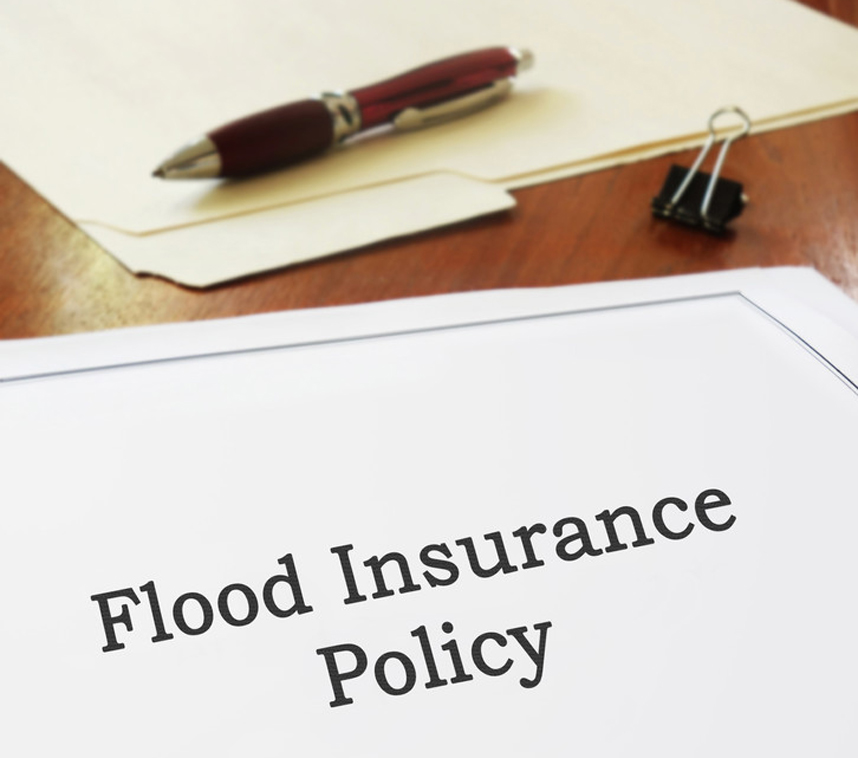Continuation of the blog It’s Time to Prepare for the 2018 Hurricane Season
With the increase in Puerto Rico’s death toll from Hurricane Maria, much higher than what officials estimated, you need to be properly prepared for this hostile season. Researchers at Harvard and other institutions estimate that around 4,600 people may have lost their lives, while the government’s official death toll is still 64. The U.S. government as well as insurance companies recommends flood insurance for everyone, even if you aren’t in flood plains or high-risk zones. Professional transcription services can assist insurers and government offices to speed up the claims process, with accurate transcripts of video or audio content provided by the hurricane survivors. Forecasters at The National Oceanic and Atmospheric Administration’s Climate Prediction Center predict a 75 percent chance (a 35 percent chance of an above-normal season, a 40 percent chance of a near-normal season, and a 25 percent chance of a below-normal season) that this year’s Atlantic hurricane season will be near or above normal.
Though the National Flood Insurance Program (NFIP) is the only option for many homeowners, this insurance program is set to expire in the middle of the hurricane season, in July 2018. The NFIP aims at reducing the impact of flooding on public and private structures by providing flood insurance to property owners, renters, and businesses. The program also encourages communities to adopt and enforce flood plan management regulations. New York Senator Chuck Schumer recently advocated Congress to reauthorize the federal program, which is referred to as a much needed safety net.
Along with packing up standard essentials such as drinking water, medications and food as well as important documents, it is also critical to make sure that your insurance is up-to-date, and understand exactly what your policy covers before hurricane season.
Wisdom from Real Life Experience
News4JAX recently shared the experiences of Edna Wade and Frances Baylor, victims of Hurricane Irma. They have priceless advice that all homeowners, regardless of where you live, can follow to be prepared and remain secure during this hurricane season.
- Homeowners must make sure they understand the limits to their insurance coverage
- Taking pictures or video proof of items and documenting everything you have before a storm blows through is the best move a homeowner can make
- Make sure those photos and documents taken before a storm are protected from the elements. Save it in email folders.
- Don’t save it on your computer, as you may lose your computer too. Create backups and store them in the cloud.
- What caused the damage matters. An insurance adjuster visiting the affected area may have to talk to an engineer to get an idea of what caused the damage.
- If you lack time to make a formal list, take your cell phone and take a video of everything you have. This will help the claims adjuster to understand the damage and get an idea regarding what you had.
- Collision insurance along with comprehensive coverage is required to cover damage from the hurricane, just like the damage to the car.
- Find time to sit down with your insurance agent each year to review your policies and possibly update them.
- Increase the insurance, if there has been any change with the property that may increase the value of your home.
Facts on Flood Insurance
Florida’s Chief Financial Officer Jimmy Patronis clears certain myths and misunderstandings people had, which he came across when handling insurance claims for Hurricane Irma.
Here are the facts to keep in mind when submitting flood insurance claims.
- Even if you have your homeowner’s insurance policies, it contains limitations and exclusions. A separate policy for windstorm or flood may be required, if this coverage is not included in your homeowner’s policy. Also, review your policy to understand what is included and what is not.
- When an insurance company denies a claim, or provides an inadequate claim payment, that doesn’t mean that you need to pay out-of-pocket to cover any additional expenses from damages that occurred to your property. Instead, get a second opinion to verify the cause of loss and/or the cost to repair or replace the damage.
- Understand that it is a form of insurance fraud for contractors to offer to waive your insurance deductible or provide a discounted rate for repairs.
- Never sign an Assignment of Benefits to get your residence repaired, even for emergency repairs. Contact your insurance company soon, and report the claim immediately.
- Insurance companies cannot take their own time to respond to your claims. Each state has its own regulations and time periods to follow. If you are located in Florida, these companies must acknowledge your insurance claim within 14 days from the date the claim was reported and they must pay undisputed amounts of your claim within 90 days from the date of damage.
- The damage to your property caused by your neighbor’s property will be covered by your own homeowner’s insurance policy, unless you can prove your neighbor was careless. If proven, then the damage would be covered under the neighbor’s homeowner’s policy.
- When filing an insurance claim, along with calling your insurance agent, you should also immediately report the claim to your insurance company.
In its press release, the New Jersey Department of Banking and Insurance has recommended its residents to make a complete list of all the belongings in their home, which can make it easier to file an insurance claim in the event of property damage. All insurance documents should be gathered in a safe place along with the home inventory list, which helps to understand the coverage they have purchased, including any applicable deductibles. To prepare for storms, the department encouraged residents to double check that storm shutters can be quickly installed or used and to make sure to keep yards and property free of debris and clutter. Also, plan an evacuation route and create an emergency kit.
Insurers dealing with large number of flood insurance claims as well as conflicting information from insurance adjusters and various contractors concerning the value of their claim, can consider outsourcing their transcription tasks to general transcription companies with relevant experience in the field.




